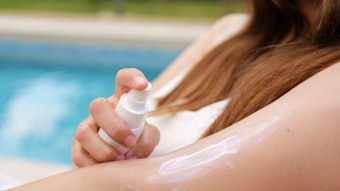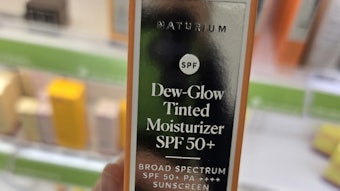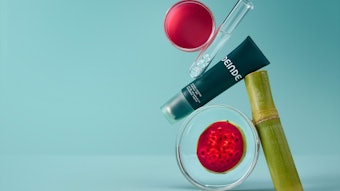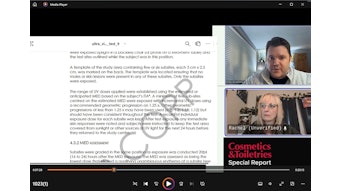
The Environmental Working Group's (EWG's) ongoing attacks on sunscreens continue with the publication of its 13th Annual Guide to Sunscreens, which offers its unilateral ratings of more than 1,300 SPF-touting products, from sunscreens to lip balms. The report claims: "two-thirds of sunscreen products still offer inferior sun protection or contain worrisome ingredients, like oxybenzone."
The EWG points to the U.S. Food and Drug Administration's (FDA's) reviews of sunscreen regulations, which have previously been reviewed here: "Why the FDAs Sunscreens in the Bloodstream Study is Flawed."
EWG further claims that just 40% of the products on its list "contain active ingredients that FDA has proposed are safe and effective, based on the agency’s new draft rules."
The organization is targeting oxybenzone and "misleading" high SPF claims and retinyl palmitate.
The report is linked here.
The Public Access to SunScreens (PASS) Coalition, "an alliance of public health organizations, physician groups, sunscreen manufacturers and concerned citizens," has issued a statement, declaring that "sunscreen is a critical tool to reduce risk of melanoma, other skin cancers and premature aging. This message is particularly relevant as we enter into Melanoma and Skin Cancer Awareness Month and kick off the summer holiday."
The statement continues:
It has never been more important to protect your skin from the damaging effects of the sun. This year, more than 192,000 Americans will be diagnosed with melanoma, a 7.7 percent increase over 2018, and over 7,200 Americans will die from the disease.
The regimen of daily sunscreen, UV protective clothing, sunglasses and limiting exposure to direct sunlight continues to be the best way to reduce risk of melanoma.
“There is a lot of misinformation in the news about sunscreens right now,” says Melanoma Research Alliance President & CEO Michael Kaplan. “Despite the hype, experts agree that everyone should be diligent about applying – and reapplying – sunscreen throughout the day to make sure they are protected. The best sunscreen continues to be the one you’ll wear every day.”
According to Janet Woodcock, M.D., director of the FDA’s Center for Drug Evaluation and Research, “It is important that...given the recognized public health benefits of sunscreen use, consumers continue to use sunscreen in conjunction with other sun-protection measures.”
Consumer confidence in the safety of sunscreens has been muddied with recent attention focused on a new FDA proposed rule that would update labeling requirements and the list of approved sunscreens. However, as the FDA moves through this process and retests existing ingredients, the guidance to consumers continues to be the same: Choose a sunscreen that is at least SPF 30, broad spectrum, and water resistant. Sunscreen ingredients in the United States are safe and have been safely used for almost 40 years.
According to the Melanoma Research Foundation, a member of the Coalition:
- About 90% of melanomas are preventable with proper sun safety habits,
- on average, a person’s risk for melanoma doubles if they have had more than 5 sunburns,
- more than a third of Americans report getting sunburned at least once each year, and
- melanoma is most often found in the skin and is one of the most serious types of skin cancer as it can aggressively spread throughout the body.X
“Everyone, including the FDA, is clear about the benefits of sunscreen,” says Michael Werner, Policy Advisor to the PASS Coalition. “Currently marketed sunscreen ingredients are a proven tool in the fight against the growing skin cancer epidemic in the United States. The PASS Coalition advocates for the safest, most effective and innovative sunscreens that will help us reverse the trends that make skin cancers the most common form of cancer in the United States.”










